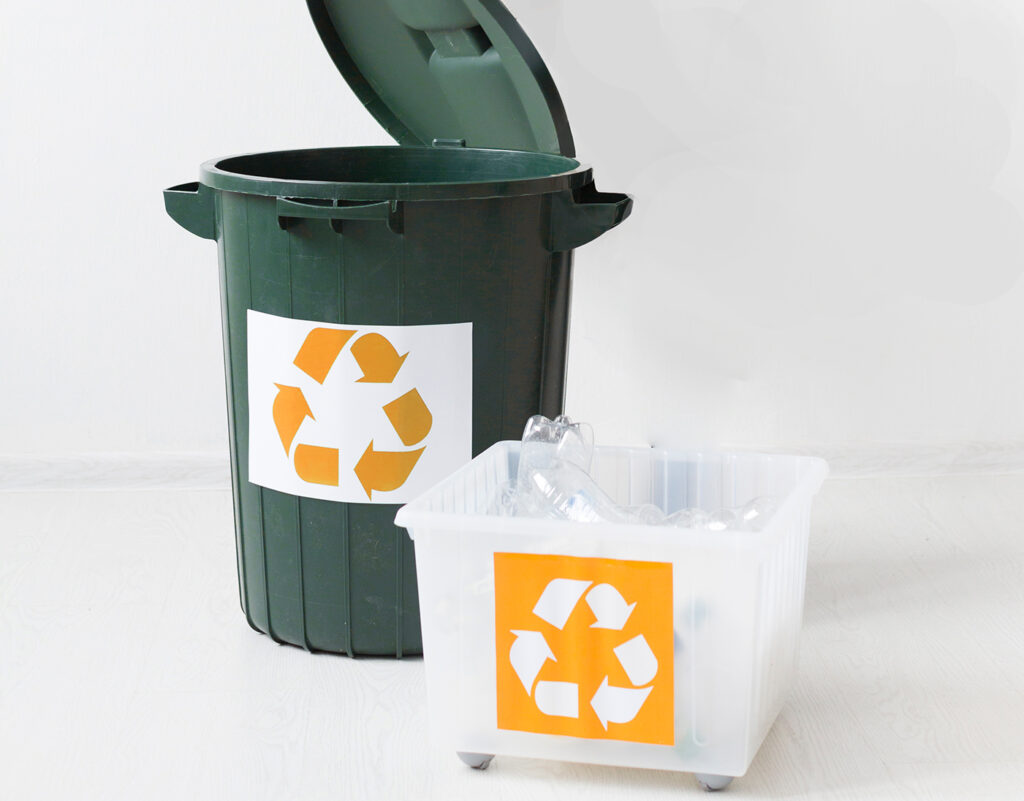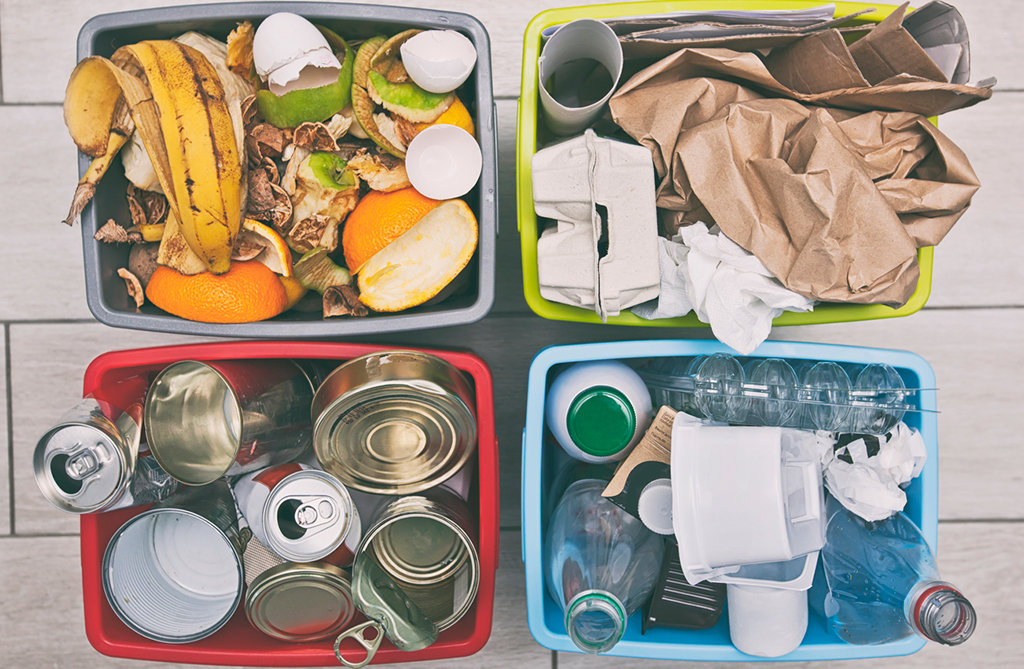The dictionary definition of recycling is ‘the action or process of converting waste into reusable material’. Being in the waste management and recycling industry has provided us with a wealth of knowledge, and experience in the subject – and is something we are involved in every day. However, whilst it is second nature to us as a company, there are many people that struggle with how to recycle and such matters as understanding the processes and value.
Recycling can often be tricky, many people want to improve their recycling but are unsure how to do so. As a result, sometimes good recycling intention leads to issues further down the line – with issues with contamination, reprocessing, and more. By sharing our knowledge of recycling, it may increase recycling rates and chances of waste management success.

Why Recycling Is Important?
Before you can start improving on your recycling, it is important to know why it is so important. Recycling is great to preserve the earth’s natural resources. When we recycle items rather than using raw materials to make new things, we are preserving these resources for future generations.
Recycling helps to protect the environment – it reduces the need for extracting (mining, quarrying, and logging), refining, and processing raw materials all of which create substantial air and water pollution. As recycling saves energy, it also reduces greenhouse gas emissions, which helps to tackle climate change. As a whole, recycling help to find a new use out of old products, by turning them into new ones – thus closing the loop and re-using resources.
How to Start Recycling:
A lot of waste produced within our households can be easily recycled and done so in an effortless way. Many perceive recycling as a daunting task and try to avoid it, however, it is very easily manageable if we start small.
The first step to take is to understand your local authority’s waste collections services. Different councils collect waste in different ways, some in bins, others in bags, and some in mixed and separate collections. Understanding the procedures your local authority undertakes, will help you find the best end-of-life solution for your waste – which bin is best.
After you understand the council’s waste strategies, you must understand the products. How the waste will be disposed of will depend on the material it is made of and the recyclability of this material. It should be stated on the packaging how to correctly dispose of the item, whether this is being recycled, placed into general waste, or if it needs special consideration, if these procedures are not fulfilled, it will either be a waste of resources or cause contamination.
What Bags to Use
Differing waste types require different bags for their containment. Some bags are specifically manufactured to enclose a particular type of waste, and that waste alone. The best example is compostable liners for food and organic waste. Food and organic waste when recycled correctly breaks down in the natural environment and produces compost, when it is captured in a plastic or paper bag, this process is often hindered, prevented, or dramatically slowed. However, compostable bags are bio-degradable and will break down and compost just like the waste inside it does, it also helps the waste to compost and degrade faster using the additional additives in the bag.
Sometimes it is not the material the bag is made from that is preferred but the colour of the bag, this is particularly important for local authorities and litter picking bags. Councils often choose coloured bags which match their branding, this helps them become easily identified by residents and waste management services. Coloured bags are often chosen for litter picking and street cleaning bags, this helps them be clearly identified against black waste liners, which are very often fly-tipped. It will help the waste collection team identify them as street cleaning bags, instead of waste that has just be left as a form for vandalism.

Segregate and Avoid Contamination
Keeping all different waste separate and correctly segregated is such an important step in the recycling process. The reason we segregate our waste is that different material types undergo different methods in the reprocessing operations. When different materials are mixed, this interrupts the process and often causes big issues when reprocessing – this is a major form of contamination. Contamination also comes in form of foods, liquids, and often forgotten elements such as labels and stickers. Before disposing of any waste, make sure it is clean, dry, and free from any elements that may cause contamination.
Get Everyone Involved
The more people that recycle the greater the benefit to the planet, this is why it is important to get your friends and family involved in recycling. Making sure everyone in your household is recycling well and following correct procedures, will be key to recycling success. This can be carried through to the workplace – where encouraging employees to better handle their waste can make big impacts on the environment. It could be as easy as introducing new recycling bins or educating staff on best processes.
The benefits that recycling has to our planet are staggering, they help to support a cleaner and greener environment. It is something we should all take pride in and focus on. Ask our team or read our blog for more recycling and waste management advice.